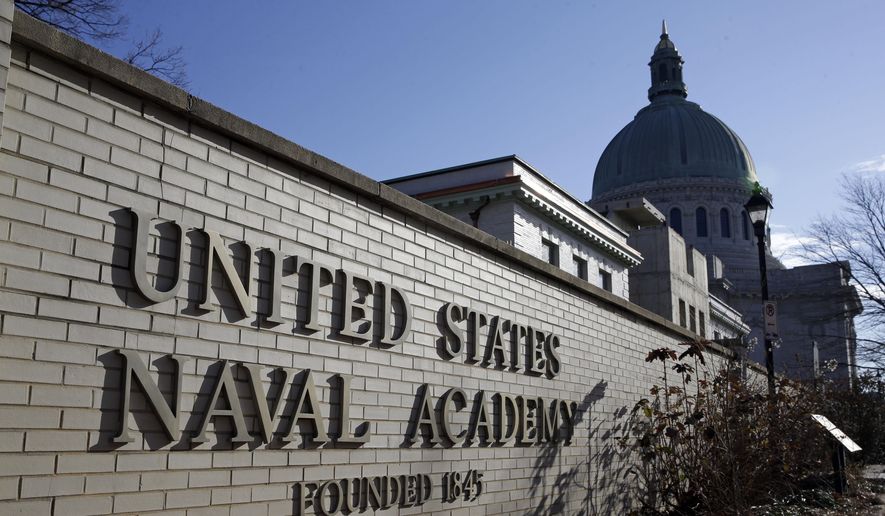The number of sexual assaults reported by cadets and midshipmen at the nation’s military service academies rose dramatically during the most recent academic year after in-person classes were allowed to resume.
During the 2020-2021 academic program year, the Department of Defense received 161 reports of sexual assault involving cadets and shipmen identified as either victims or alleged perpetrators. The total was an increase of 32 reports from the previous year, according to the Pentagon’s Sexual Assault Prevention and Response Office.
While Defense Department officials said the reasons for the increased reporting is “unclear,” the COVID-19 pandemic prompted leaders at West Point, the U.S. Naval Academy, and the U.S. Air Force Academy to suspend in-person classes in mid-March 2020 for the remainder of the semester and begin on-line distance learning.
“The academies must ensure cadets and midshipmen receive an educational experience that is free from sexual assault and harassment and continue to develop future leaders who will ensure climates of dignity, respect, and inclusion,” Elizabeth Foster, executive director of the Pentagon’s Office of Force Resiliency, told reporters in a briefing Thursday on the annual assessment.
The number of sexual harassment complaints also more than doubled during the 2020-2021 academic year — 30 reports compared to 12 the previous year, authorities said. Of the 161 assault cases, cadets at the Air Force Academy in Colorado reported 52 assaults, compared with 46 at West Point in New York and 33 at the U.S. Naval Academy in Maryland, according to the Associated Press.
The report noted the impact so-called “influencers” can have on how their fellow cadets and midshipmen deal with sexual assault and harassment. Investigators noted they make a daily difference in helping others on their campuses.
“But some are still hesitant to act and intervene,” said Nate Galbreath, acting director of the Defense Department’s Sexual Assault Prevention and Response Office. “We must do more to ensure that our future leaders have the resources and information to step up and take action to make a positive difference.”
While cadets and midshipmen “generally support” norms focusing on confronting sexist comments and discouraging hostile language on social media, they aren’t as likely to support pushing healthier choices involving alcohol or holding other students accountable to academy rules, Defense Department officials said.
“Academies need to provide students with the information and skills needed on these important, but poorly supported expectations,” Pentagon officials said in a statement.
Preventing sexual assault remains one of the top priorities at the Pentagon, Ms. Foster said.
“While we continue efforts to stop these behaviors at our academies, we encourage survivors to come forward and make reports so we can connect them with recovery care and aid efforts to hold offenders appropriately accountable,” she said.
The new numbers come as Defense Secretary Lloyd Austin and Pentagon leaders struggle to curb sexual assaults across the military, amid escalating criticism from Capitol Hill that the military is not doing enough to prevent abuse or punish wrongdoers.
• Mike Glenn can be reached at mglenn@washingtontimes.com.




Please read our comment policy before commenting.